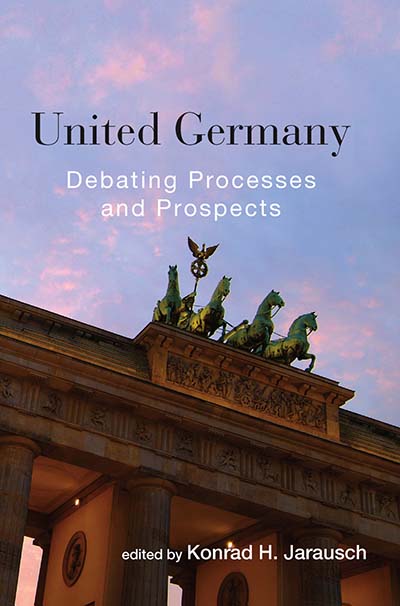In 1986, Writing Culture: The Poetics and Politics of Ethnography was published, and it changed the perception of ethnographic study from then on. Little more than 20 years later, Olaf Zenker and Karsten Kumoll took its reach further with Beyond Writing Culture: Current Intersections of Epistemologies and Representational Practices, published originally in 2010 and published as a paperback last month. Below, the editors share how their work engages with the inspiration piece, how they came to publish the collection, and the ways in which their work corresponds to and challenges the original.
_____________________________
Berghahn Books: Tell us about the original Writing Culture? How does your volume expound on the principles set forth in this groundbreaking work, and how does your volume differ?
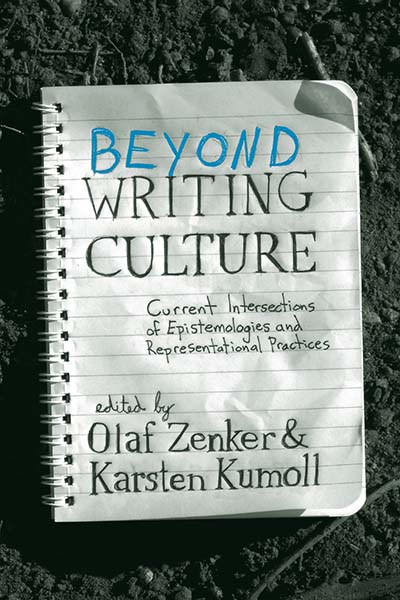
Olaf Zenker: The publication in 1986 of Writing Culture by James Clifford and George Marcus was crucial for the discipline of anthropology as a whole. Continue reading “Fresh Ink on a Classic: Going ‘Beyond “Writing Culture”’”

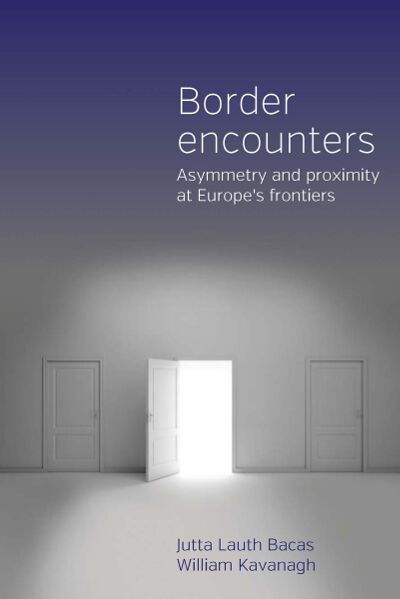 Berghahn Books: What drew you to the study of political and social borders? Why is this study important?
Berghahn Books: What drew you to the study of political and social borders? Why is this study important?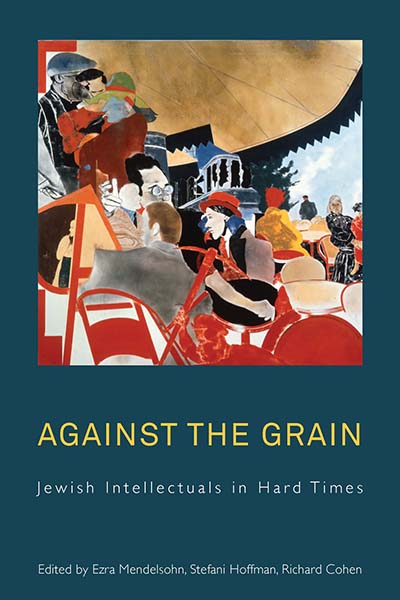
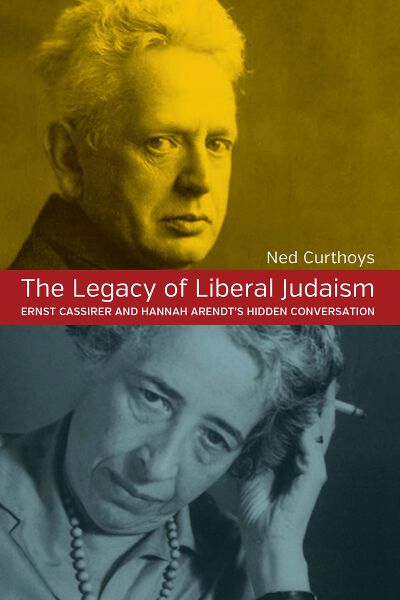
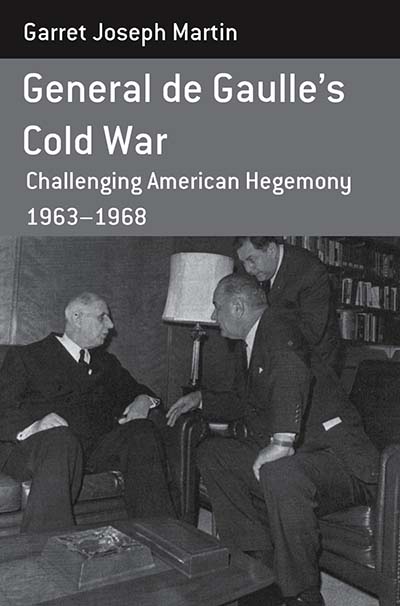
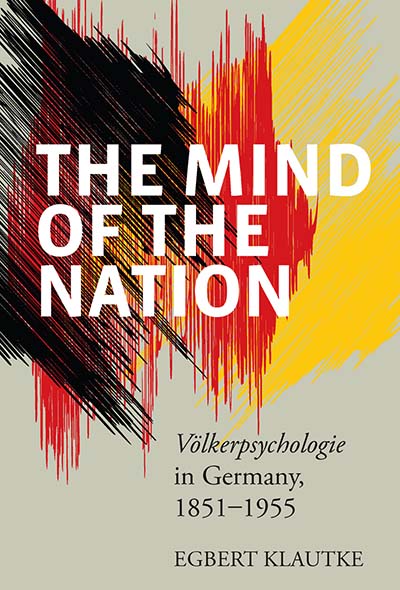
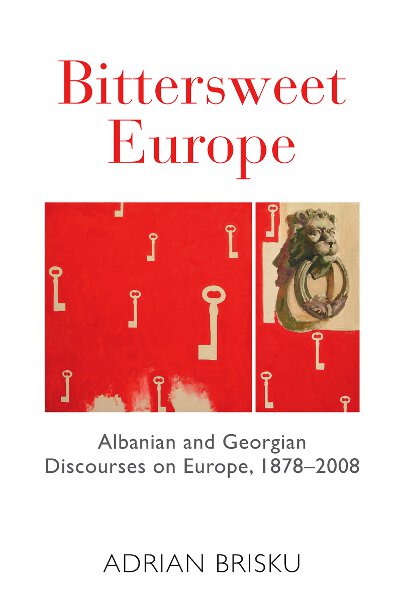
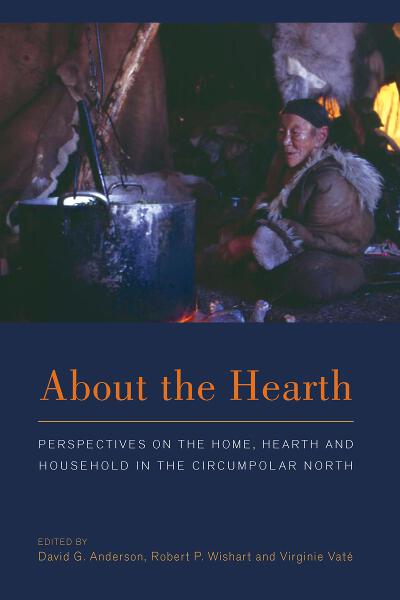
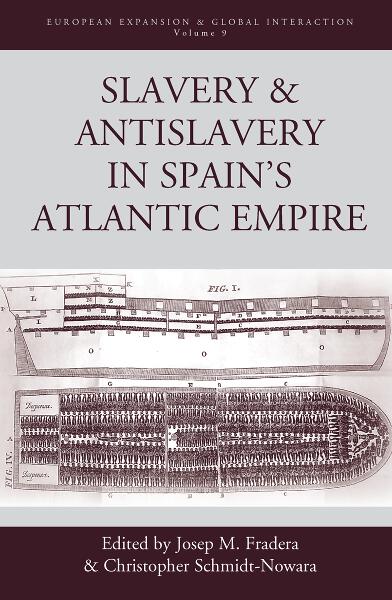 Berghahn Books: What drew each of you to the study of the Spanish empire’s Atlantic holdings?
Berghahn Books: What drew each of you to the study of the Spanish empire’s Atlantic holdings?